By now, many in the global academic community have a good grasp on what open scholarship is, even if they do not fully understand all the intricate details and miscellaneous information that encompasses open access publishing. While understanding open access under an umbrella may seem like a daunting task, open access can actually be categorized into different types (also referred to as different “colors”) which may help further one’s understanding of how content is archived and/or shared when published under open access.
Before getting into the many types of open access publishing, however, it’s critical to understand the different versions of a manuscript. For instance, pre-print, post-print, and the publisher’s final version:
Pre-Print: Also referred to as the original manuscript or first draft. It is the author’s original manuscript which has been submitted to a publication for consideration. It has not yet been peer reviewed, copy edited, or formatted.
Post-Print: Also known as the accepted author manuscript. A manuscript that has undergone peer review and been revised accordingly. The publisher would not have formatted it yet for publication.
Publisher’s Final Version: A manuscript that has been peer reviewed, copy edited, proofread, paginated, and fully formatted for publication. This is the version that is formatted and appears in print and/or online.
Each of the open access publishing types are dictated in part by what “version” of the manuscript can be archived and/or shared: 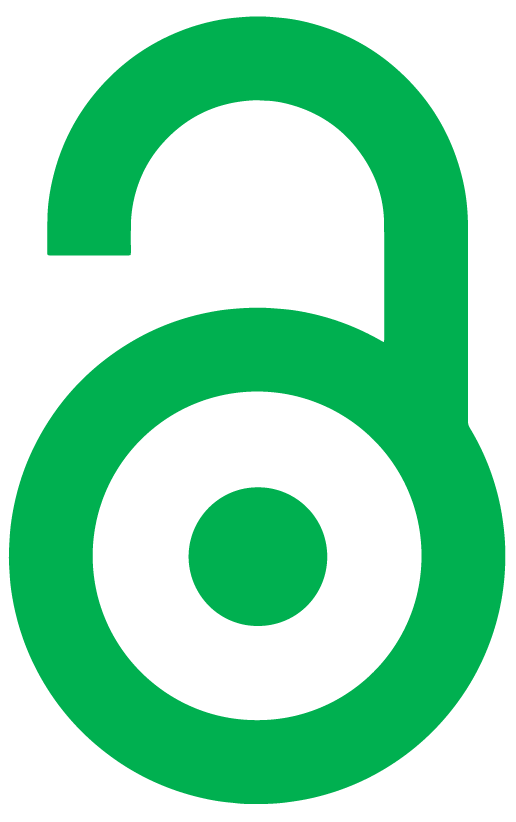 Green Open Access
Green Open Access
Also known as self-archiving and repository-based open access. Authors who choose to publish under green open access have the ability to archive earlier versions (pre-print) and more final versions (post-print or the publisher’s version) of their manuscript on a website or repository controlled by them and/or their funder, or on an independent repository. Through green open access, the author publishes in a standard (non-OA) publication but can reserve the right to distribute their work in an open access manner. It is recommended that authors view the publisher’s guidelines to determine what level of archiving and/or sharing can occur as oftentimes explicit permission may need to be obtained from the publisher.
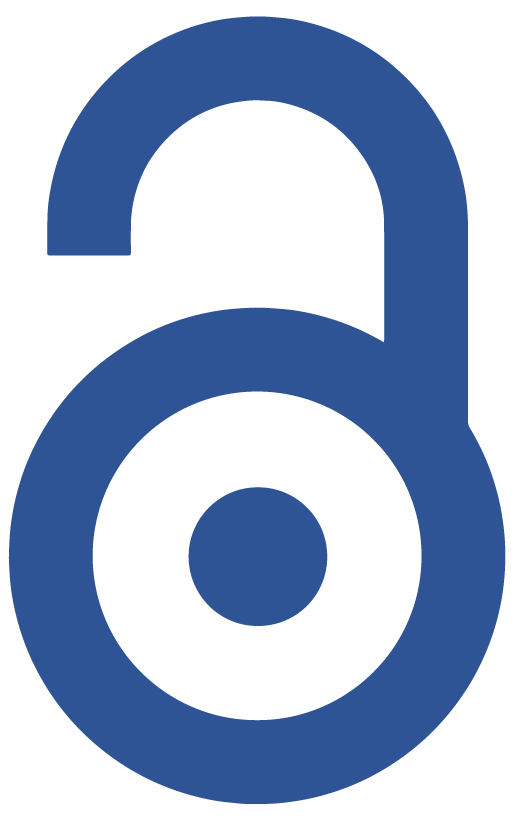 Blue Open Access
Blue Open Access
Through blue open access, authors can archive the post-print or the publisher’s final version/PDF.
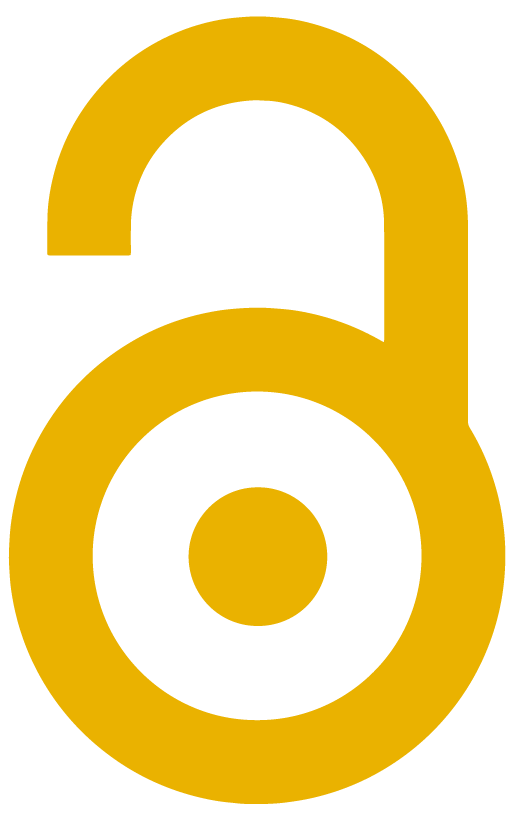 Yellow Open Access
Yellow Open Access
Authors who publish under yellow open access can archive a pre-print version of their work (ex: any version published before the widespread publication of
the work).
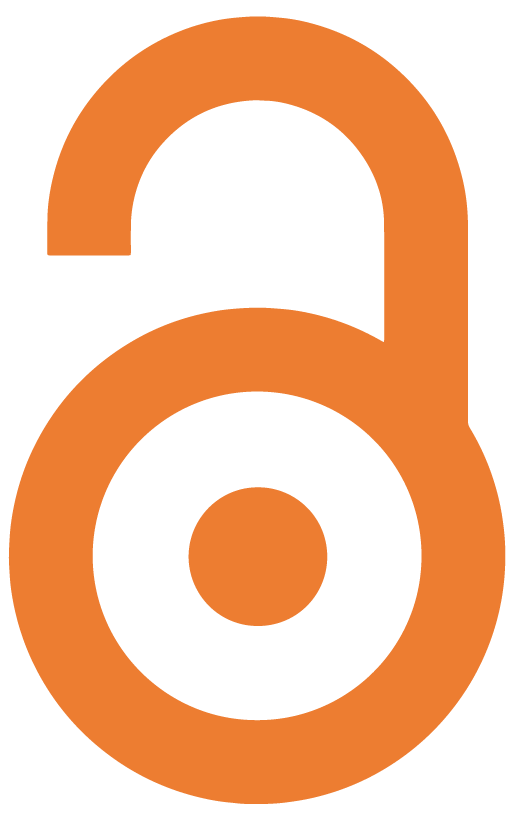 Hybrid Open Access
Hybrid Open Access
Closed-access journals that offer the option for authors to make individual articles open access by paying an open access fee. Generally, the authors are given the option at the point of submission to proceed under a standard subscription-based publishing model or under
open access.
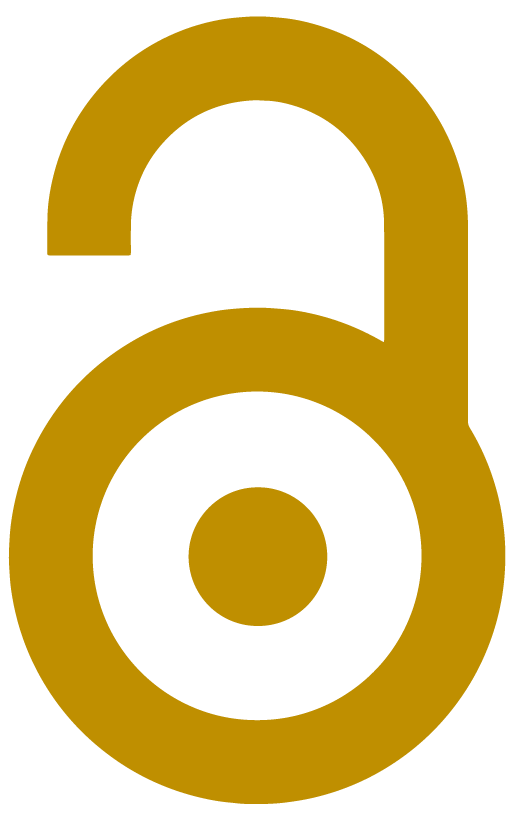 Gold Open Access
Gold Open Access
Gold open access is the most common form of open access publishing and used by most, including IGI Global. Under gold open access, the author, institution, or research funder pays an open access fee (an Article Processing Charge (APC), Chapter Processing Charge (CPC), or a Book Processing Charge (BPC)) and the publisher makes the published version free to read. The Open Access Fees help to offset the costs of producing the work that would typically be supported by sales/subscriptions for the publication.
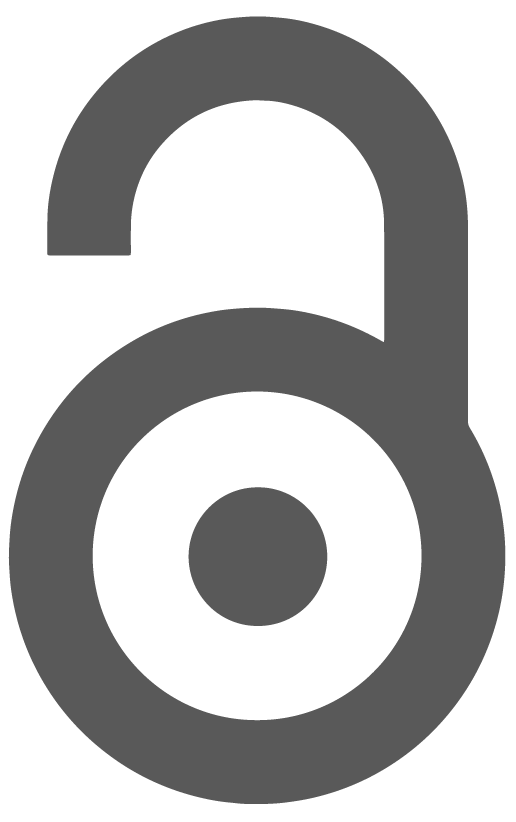 Platinum Open Access
Platinum Open Access
Also known as sponsored or diamond open access. These publications allow immediate access to the content in the publication without any paywall or license and authors pay no article processing charges as all the costs of publishing are met by one or more sponsoring organizations.
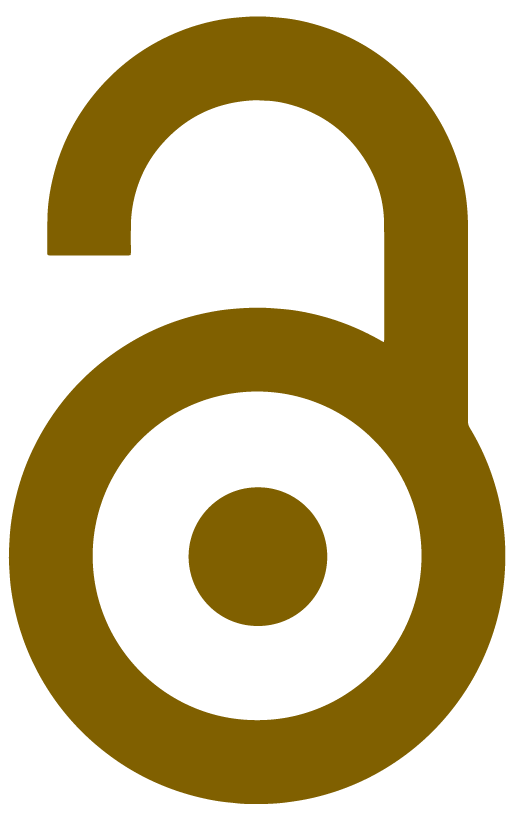 Bronze Open Access
Bronze Open Access
No open access fee is paid but the publisher chooses to make a publication freely available to read.
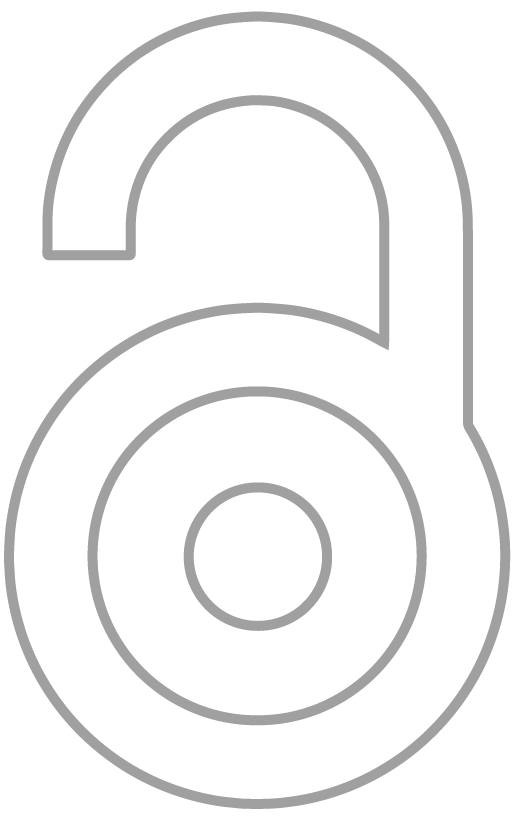 White Open Access
White Open Access
Under white open access, authors are not able to archive their work (any versions), including pre-print, post-print, or the publisher’s version.
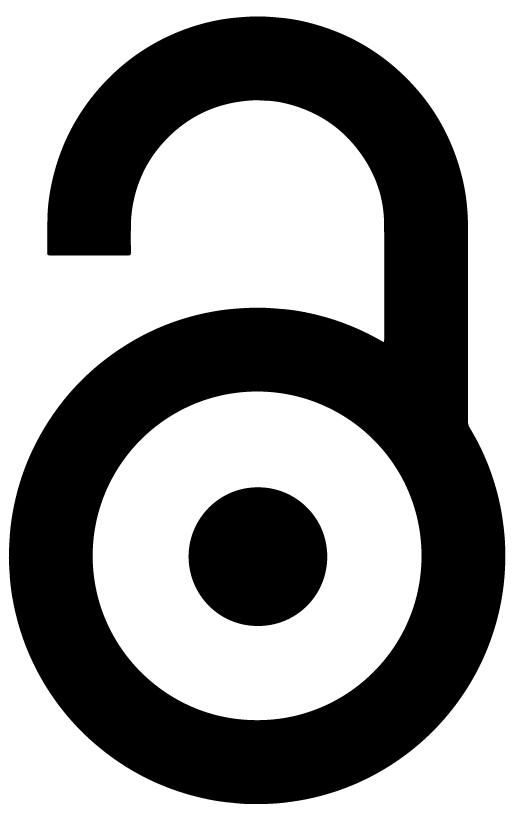 Black Open Access
Black Open Access
Black open access publishing refers to publications that have bypassed paywalls and have been illegally released and made freely accessible to the public.
IGI Global publishes under a few different types of OA – green, hybrid, gold, platinum and in some cases also bronze. At present, IGI Global publishes 31 gold open access journals, 1 platinum open access journal, and 141 hybrid open access journals. Also, through
IGI Global’s Fair Use Policy, authors who have their work published in non-open access publications may still post the final typeset PDF of their chapter or article on the author or editor's secure personal website and/or their university repository site, thus benefitting from green open access. Additionally, IGI Global has opened several full volume years of journal content to open access, removing any paywalls to access the full content, thus identifying them as bronze open access.
The limits to open access publishing are few and far between as there are so many different options for authors to choose from. It just comes down to their current publication needs and requirements. Determining “how open a publication is” can be a daunting task and thankfully resources such as the
HowOpenIsIt? Open Access Guide created by the Scholarly Publishing and Academic Resources Coalition (
SPARC) in conjunction with
PLOS and the Open Access Scholarly Publishers Association (
OASPA) standardizes open access terminology in an easily understandable comprehensive resource.
More Information About IGI Global OA Publishing:
About IGI Global
Founded in 1988, IGI Global, an international academic publisher, is committed to producing the highest quality research (as an active full member of the Committee on Publication Ethics “COPE”) and ensuring the timely dissemination of innovative research findings through an expeditious and technologically advanced publishing process. Through their commitment to supporting the research community ahead of profitability, and taking a chance on virtually untapped topic coverage, IGI Global has been able to collaborate with over 150,000+ researchers from some of the most prominent research institutions around the world to publish the most emerging, peer-reviewed research across 350+ topics in 11 subject areas including business, computer science, education, engineering, social sciences, and more.
Learn More About IGI Global >
Newsroom Contact
Author Relations Team
(717) 533-8845
authorrelations@igi-global.com
www.igi-global.com